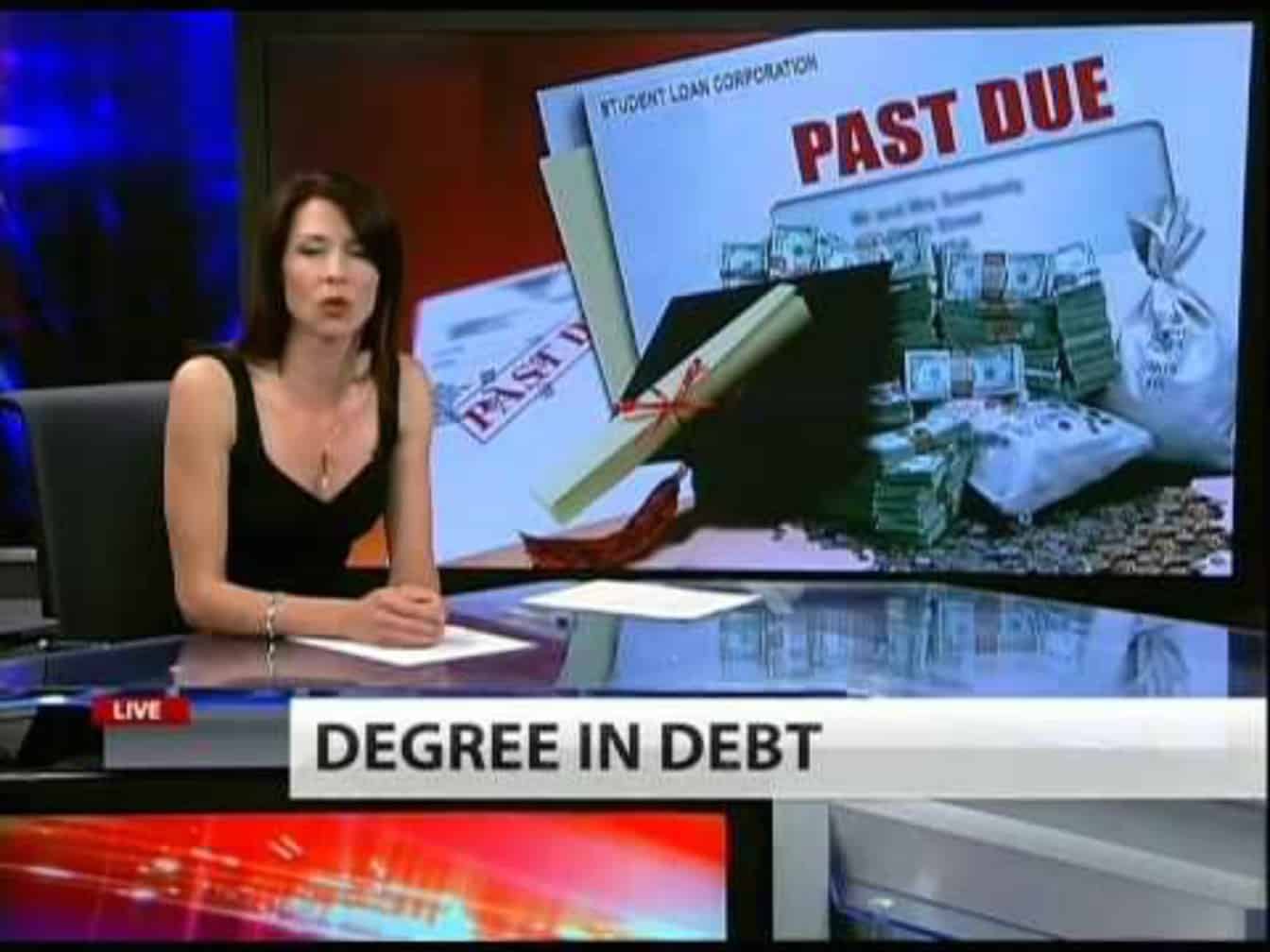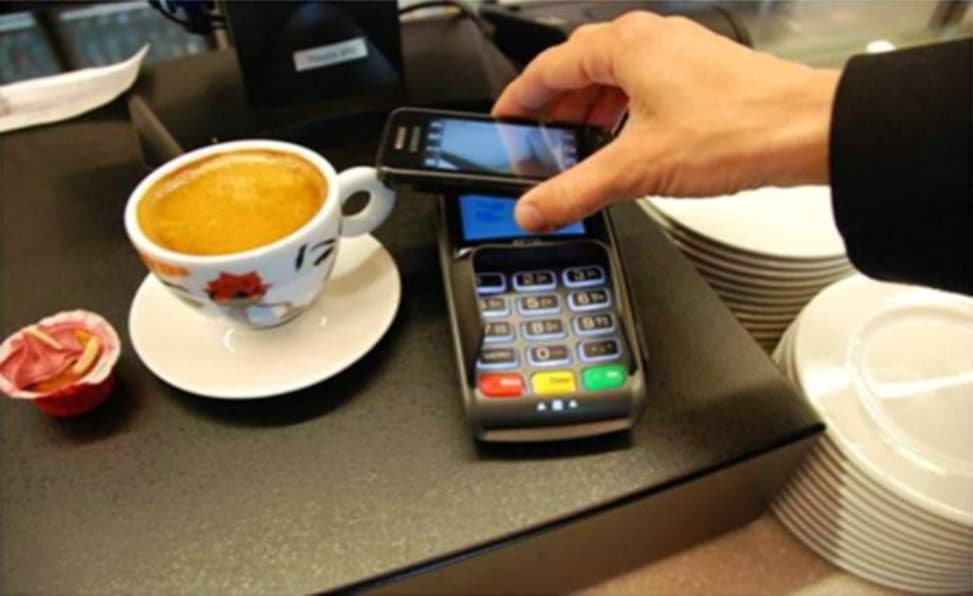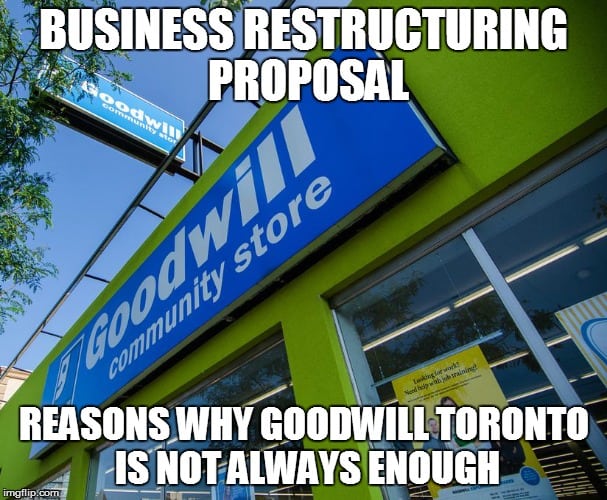 What are subprime personal loans?
What are subprime personal loans?
Subprime personal loans lending is dangerous business. It was instrumental in pushing the U.S. financial system to the brink of collapse from 2007 – 2008.
You may have read the book or seen the movie The Big Short. It is a 2015 American film directed and co-written by Adam McKay. It is based on the non-fiction 2010 book of the same name by Michael Lewis. It is about the financial crisis of 2007–2008, triggered by the United States housing bubble. The film stars Christian Bale, Steve Carell, Ryan Gosling and Brad Pitt.
Now, could subprime lending spell doom for Canada?
What is subprime lending?
Subprime personal loans lending refers to giving loans to individuals who don’t qualify for prime rate or regular loans. The reason they don’t qualify is usually because of poor credit ratings. There could also be other factors that set off red flags about their ability to repay the loan. As a result subprime loans carry a higher interest rate than normal loans. This is because of the increased risk that the borrowers will default on payment.
Subprime lending (also referred to as near-prime, non-prime, and second-chance lending) means making loans to people who may have difficulty maintaining the repayment schedule. Their diffculty is sometimes reflecting setbacks, such as unemployment, divorce or medical emergencies.
What is the state of subprime lending in Canada?
According to TransUnion, subprime lending is becoming a bigger part of the credit business in Canada.
- The average amount owed on Canadian credit cards rose by 1.8% over the past year
- But among subprime borrowers, it rose at more than triple that rate, up 5.7% in a year
- The share of Canadian mortgage-holders with high debt levels (above 500% of disposable income) jumped from 3% in 1999 to 11% by 2012
- Debt delinquencies are on the rise. The share of indebted consumers who failed to make a debt payment for 90 days rose by almost 3% over the past year
What to do if you think you need another loan but can no longer qualify for a normal loan
If you can’t qualify for a traditional loan, a subprime loan is not the answer to your problems. High interest rate subprime personal loans is not an answer for being unable to repay your debts. Taking control of your debt with the help of a professional trustee is the answer.
Make an appointment for a free consultation with Ira Smith Trustee & Receiver Inc.
We’ll discuss all your options. The options include bankruptcy alternatives – credit counselling, debt consolidation and consumer proposals. We will also tell you about bankruptcy if that’s the best option for you.
There is a way out of your financial problems. We can provide the right solution for you. We will do so without resorting to a subprime loan Starting Over, Starting Now.








 The television air waves are clogged with real estate reality shows – buying properties, selling properties, real estate flipping properties, renovating properties, income properties… There’s a real estate show that demonstrates every facet of the business and it all looks very simple. But I’m pretty sure that not one real estate reality show told you that real estate flipping when purchasing from a
The television air waves are clogged with real estate reality shows – buying properties, selling properties, real estate flipping properties, renovating properties, income properties… There’s a real estate show that demonstrates every facet of the business and it all looks very simple. But I’m pretty sure that not one real estate reality show told you that real estate flipping when purchasing from a 
 Does hoarding cash = debt free living?
Does hoarding cash = debt free living?